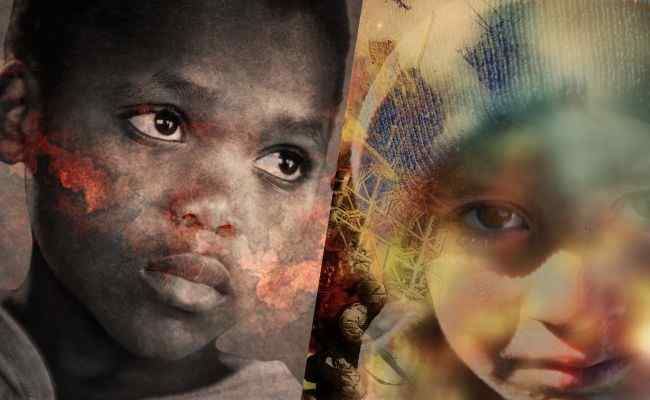


Human rights are the core rights that every person has regardless of his nationality, caste, creed, beliefs, social status, and economic position. The phrase is commonly used to refer to civil and political rights such as freedom of expression or the right to life, but it can also relate to social, cultural, economic, and environmental rights.
A right delayed is a right denied
They are inalienable, indivisible, universal, interdependent, connected, and inherent to all of us. Since everyone is born with the same rights, regardless of where they reside, their gender, colour, or religious, cultural, or ethnic origin, they are universal.
Human rights for all people have been vigorously advocated for many years. People have always felt strongly that they should not be mistreated during a time of war, especially if they are caught by the enemy. The Universal Declaration of Human Rights, which was ratified by every member of the UN, with the exception of the Soviet Union and Saudi Arabia, served as its official introduction in 1948.
The Universal Declaration of Human Rights, drafted by the United Nations in 1948, commits most nations to uphold such standards under international law. It is the first worldwide document that covers 30 principles affirming an individual’s human rights. Let’s have a look at them.
There are numerous explicit examples of human rights abuses that still occur today. Torture and other brutal treatment are frequent examples. Alternatively, political opponents may be imprisoned merely for engaging in lawful demonstrations against their government. or the mistreatment of minorities who are religious or racial.
However, human rights violations are becoming more widespread in domains generated by our own progress. Our right to privacy, for example, is frequently infringed online, whether through data collecting during election seasons or through the daily use of microtargeted political advertising.
Our right to privacy and our right to access information may be the most commonly violated in Western Democracies because governments have been all too willing to defer to economic interests in cases where human rights violations are not deemed overt or grave enough to warrant action.
The number of war casualties and collateral damage caused by warfare is merely a fraction of the enormous amount of pain and devastation produced by conflicts. We understand that assaults on political rights and the fundamental right to life are common.
Massacres, starving of entire people, and extermination are examples of grave abuses of the right to life. Genocide is typically defined as the deliberate annihilation of a single ethnic, racial, or religious community.
Killing group members, causing major bodily or mental injury to them, enforcing birth control measures, or forcibly relocating children are all ways to destroy a group. Genocide is frequently viewed as the most heinous act against humanity.
Women are particularly susceptible to some types of human rights violations; in addition to sexual assault, persistent bias against women is widespread around the world, leading to numerous kinds of political and social oppression.
This includes strict clothing rules and punitive sanctions for sexual transgressions, which severely restrict women’s fundamental liberties. Furthermore, in some regions of Africa, women face greater poverty than men and are denied political influence, education, and job training.
Then there are persistent kidnappings, arbitrary detentions, arrests without cause, political executions, assassinations, and acts of torture. Reconciliation and peacebuilding are far more challenging in circumstances where severe human rights atrocities are currently taking place.
To deny people their human rights is to challenge their very humanity
There are some causes of human rights violations
The idea of human rights gives people authority and conveys to them that society, including the government and the workplace, owes them an obligation of decency. They stand up if they don’t get it.
By enhancing judicial independence and safeguarding experts in the legal, medical, and healthcare fields, we can avoid human rights violations. If we provide security to journalists and human rights advocates, this can be avoided.
Supporting education; establishing codes of conduct and ethical standards for government employees and businesses as well as improving systems for preventing, monitoring, and resolving social conflicts is the solution to stop human rights violation.
If we want to promote human rights, we can research human rights issues, give donations to good organizations, can change our shopping habits, and have connections with human rights movements. We can also protest against inequalities and take action when we see violations. We should also support economic rights and put pressure on those responsible for upholding human rights.
All human rights and fundamental freedoms must be protected, promoted, and implemented by every State, among other things, by taking the necessary steps to set up social, economic, political, and other conditions and legal safeguards needed to ensure that everyone under its jurisdiction can exercise his rights and freedoms individually as well as collectively.
The fact that we are human beings implies that we all have certain fundamental rights. They represent important societal ideals including justice, respect, equality, and decency. For all of us, but especially for those who might experience abuse, neglect, or isolation, they offer a crucial form of protection.